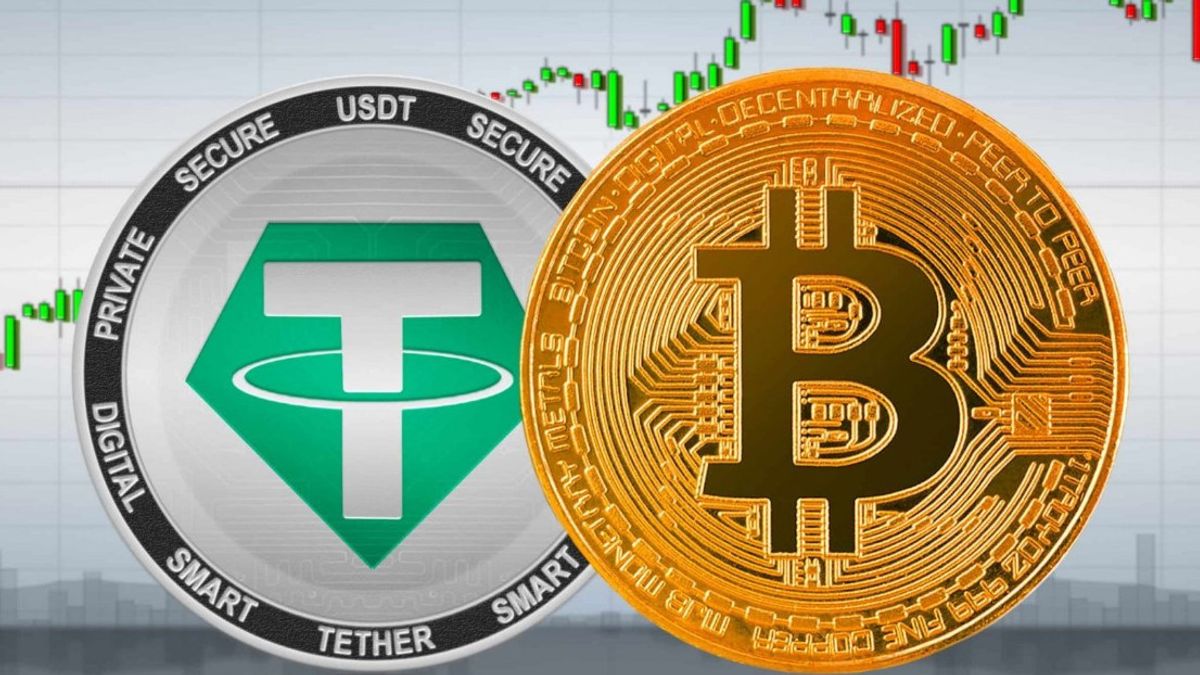JAKARTA Tether, as the largest stablecoin publisher in the world by market capitalization, USDT, was recently urged by a New York court to immediately submit all its financial records. In this case, all records of sending funds, trading USDT or crypto whatever the company does include balance sheets of finance, profit and loss, cash flow, ledgers, and so on.
Not only that, Tether is also required to submit account information on a number of crypto exchanges such as Bittrex, Bitfinex, and Poloniex. The order followed after allegations that Tether had inflated the price or Bitcoin pump.
Responding to the court's stance, Tether opposed the order, saying that the order was excessive and burdensome. But Judge resulting in the Failla Police does not agree. According to him, the plaintiff clarified why the information was needed.
The documents sought in the RFP transaction appear to lead to one of the Plaintiff's core allegations: that... The Defendant is involved in a cryptocommodities commodity transaction using unsupported USDT, and that the transaction is strategically timed to inflate the market, said Judge Failla, quoted by CryptoSlate.
The order is linked to a lawsuit accusing Tether and Bitfinex of manipulating the crypto market to harm traders. Plaintiffs claim that Tether lied about USDT support and also accused that the stablecoins were used to buy Bitcoin (BTC), carry out a crypto market pump and eventually lead to collapse.
According to the plaintiff, Tether caused destruction in the crypto market worth more than $1 trillion. In this case, Tether did not respond to requests for comment at press time.
Algotmic Stablecoin Prohibition
Stablecoins are cryptocurrencies whose prices are pegged to fiat currencies or other commodities such as gold and silver. Stablecoins are not volatile and tend to be more stable such as USDT, USDC, BUSD and others. On the other hand, there are also other types of stablecoins, namely the algorithmic stablecoin. For example, Do Kwon's Terra USD (UST) fell more than 99 percent and the algorithmic stablecoin owned by Justin Sun, Decentralized USD (USDD).
According to a recent report, US legislators are currently working on a comprehensive stablecoin bill that could have a broad impact on industrial operations. Bloomberg reports that the bill will ban algorithmic stablecoins similar to the Terra USD over the next two years. The report states that it would be illegal to create or issue a stablecoin that is guaranteed endogenically.
The bill will also allow banks and non-banks to issue stablecoins based on predetermined procedures. However, businesses will be prevented from mixing their assets with customer funds - stablecoins, personal keys, and cash-in the event of bankruptcy.
Meanwhile, the bill will direct the Federal Reserves to study the effects of digital dollar projects on the economy and financial privacy of citizens.
The tightness of crypto rules in general and stablecoins in particular, was the impact of the collapse of Terra (LUNA) and TerraUSD (UST) in May. The two crypto tokens directed by Do Kwon fell out causing financial and emotional losses to crypto investors.
The English, Chinese, Japanese, Arabic, and French versions are automatically generated by the AI. So there may still be inaccuracies in translating, please always see Indonesian as our main language. (system supported by DigitalSiber.id)













